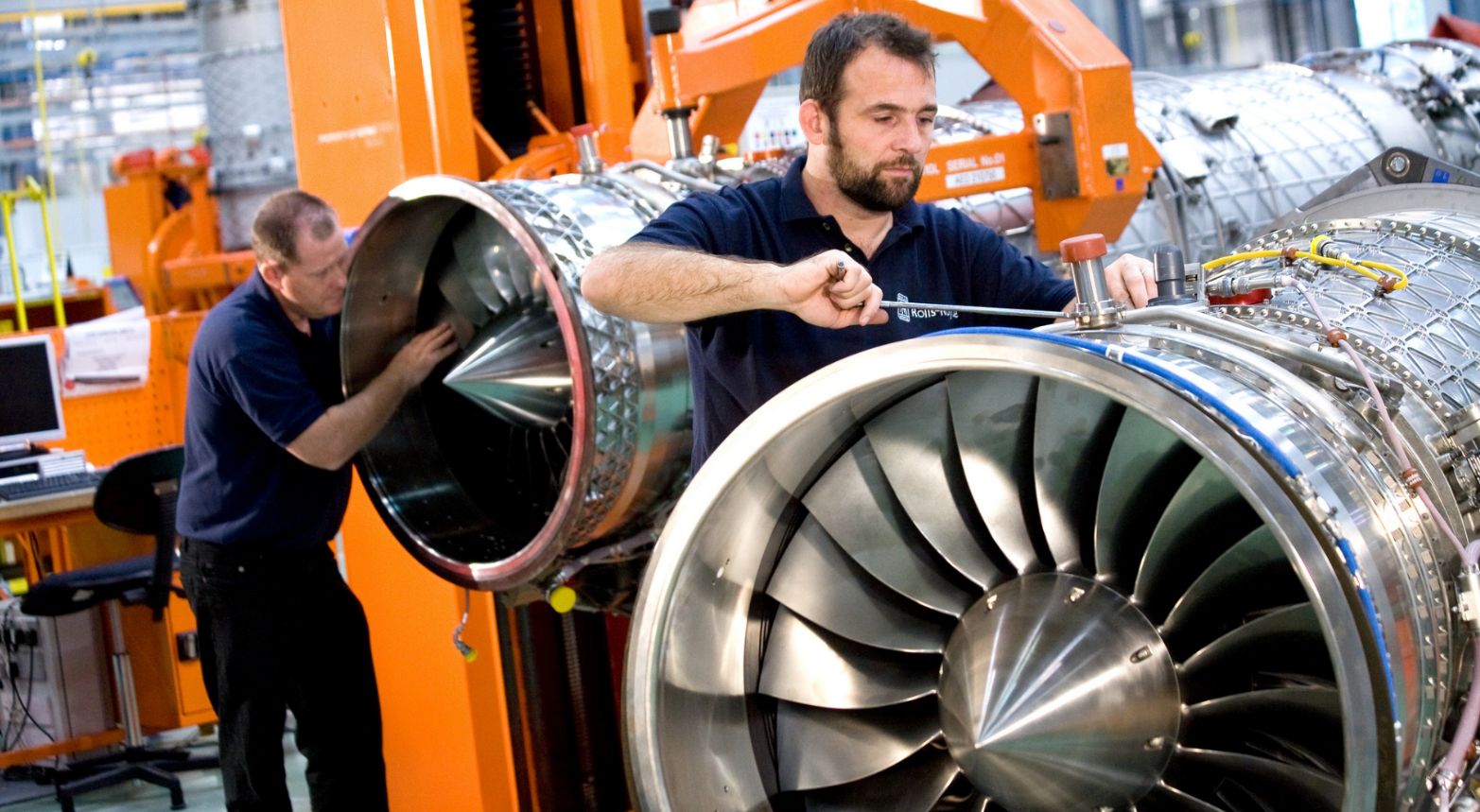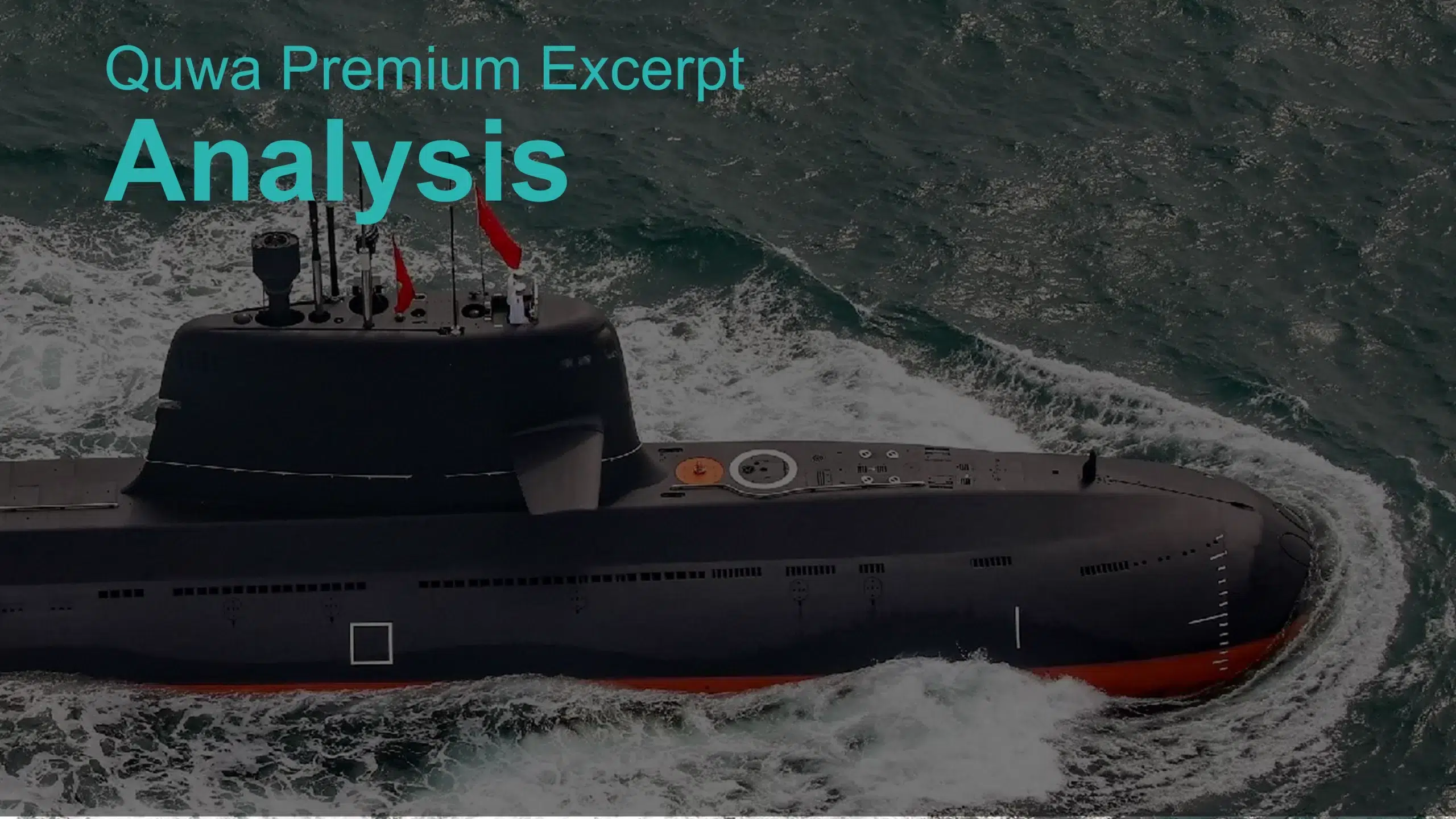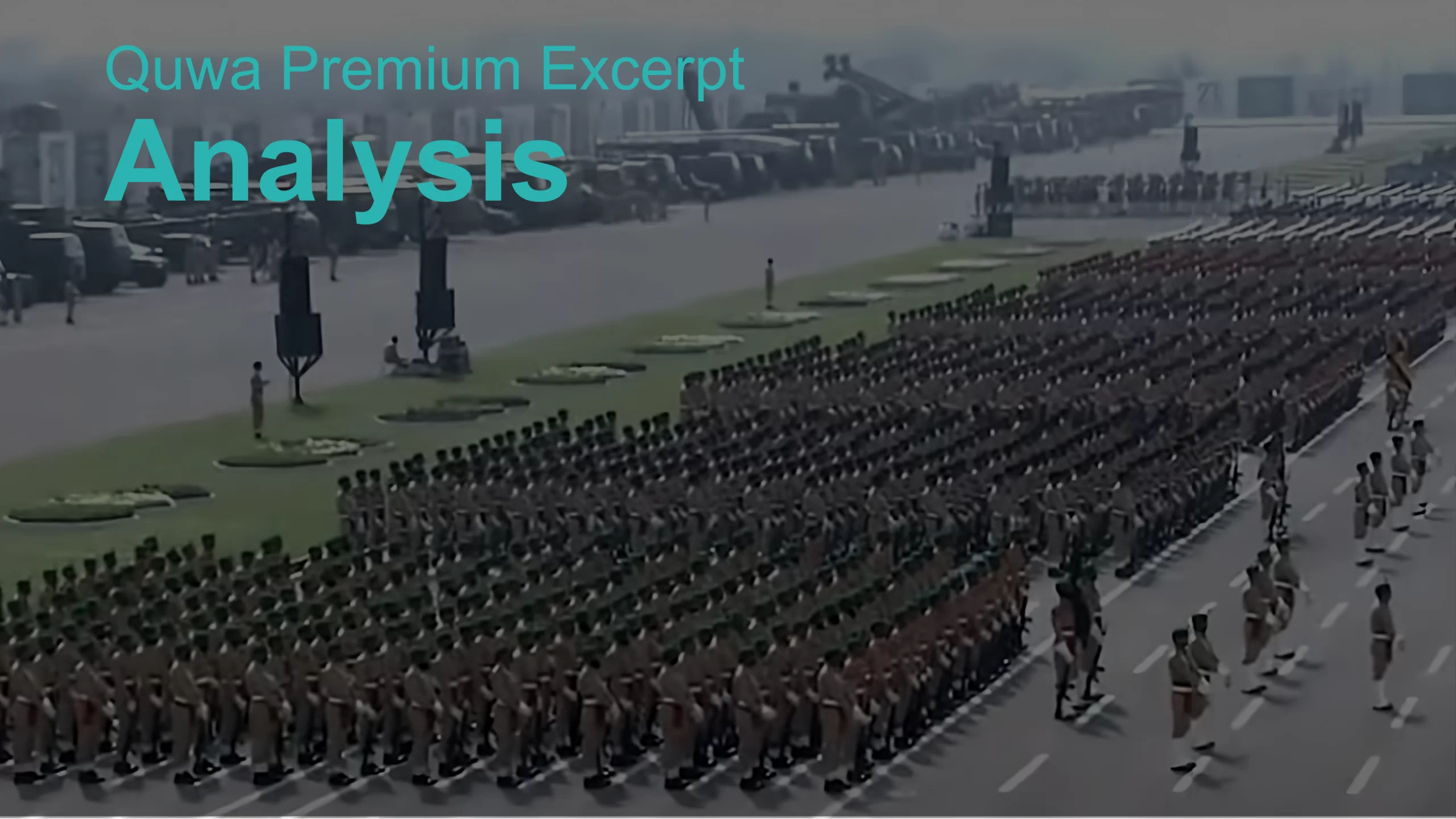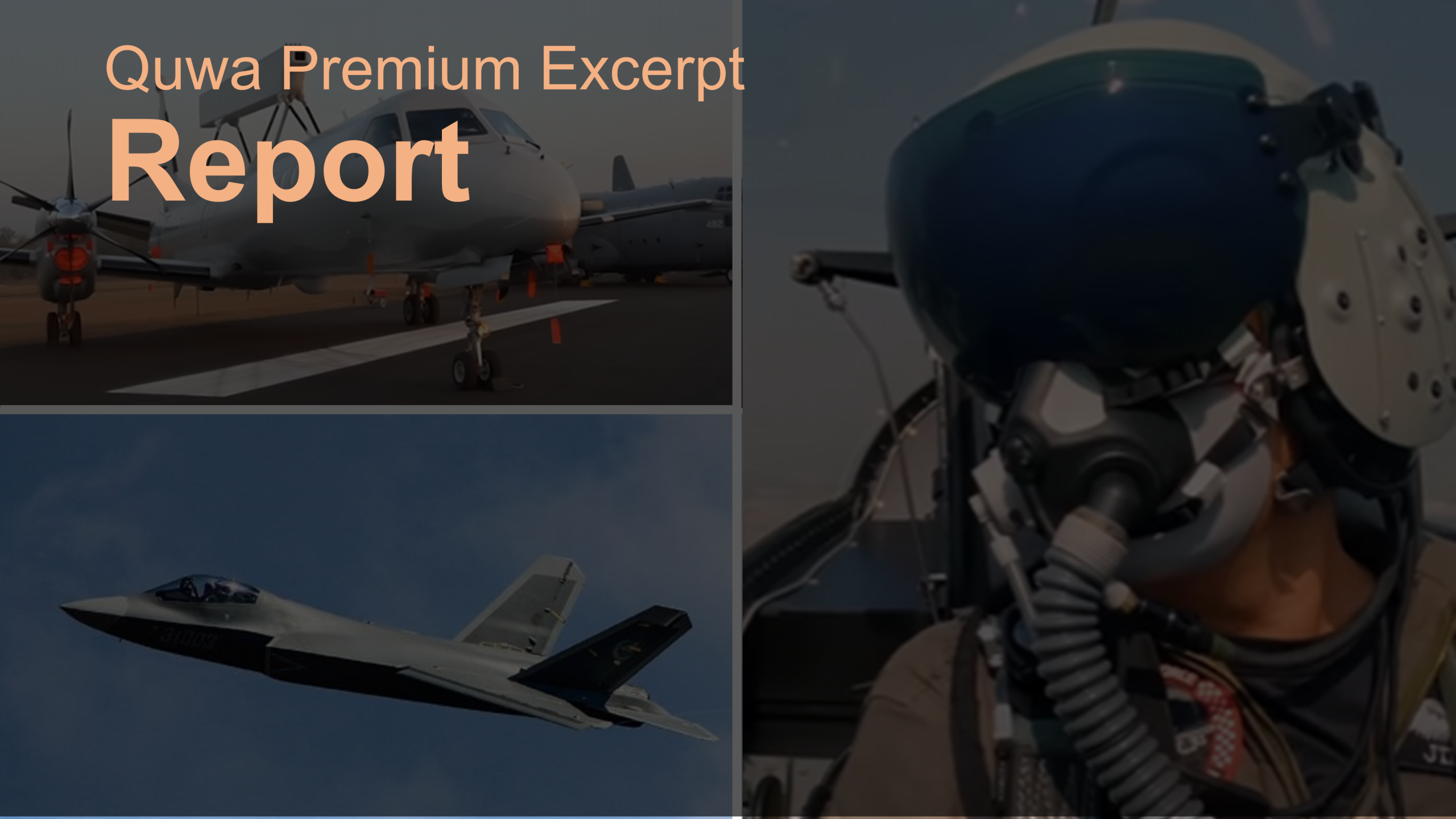In tandem with fellow British defence vendor BAE Systems, the aero-propulsion producer Rolls-Royce is interested in participating in the TFX, Turkey’s next-generation fighter program.
According to the Daily Sabah, the recent visit by Rolls-Royce CEO Warren East to President Recep Tayyip Erdogan was driven by the company’s interest to provide the EJ200 turbofan for use on the TFX.
The EJ200 is currently used onboard the Eurofighter Typhoon, a mainstay air superiority fighter in service with the Royal Air Force (RAF). It was developed by Rolls-Royce in partnership with three other European vendors under a consortium known as EuroJet Turbo GmbH.
If selected for the TFX, Rolls-Royce had promised to select a local production partner in Turkey to manage the manufacturing and integration of the EJ200 in the TFX.
Defense News added that Rolls-Royce’s offer also encompassed an interest in supporting helicopter, armour, and missile propulsion work. Besides transfer-of-technology, the issue of giving Turkey export licenses to re-export Rolls-Royce technology – especially the EJ200 – was also a main topic of discussion.
Notes & Comments:
Although Turkey has stepped away from having the TFX conduct its maiden flight in 2023, the program is still on the table, and it is still garnering attention from overseas vendors. For the British defence industry, the TFX would offer a valuable opportunity to further distribute longstanding research and development (R&D) investments, many of which had gone into the Eurofighter Typhoon, which is now facing very tough competition from its fellow ‘Euro Canards’ in the Dassault Rafale and Saab Gripen.
Securing the TFX would enable Rolls-Royce (and EuroJet Turbo GmbH) to build market-share for the EJ200 as well as scale the engine, which could help in reducing the cost of the system. Including the Turkish industry could also help broaden the support base for the EJ200, especially if there is a large domestic customer in need of it in order to operate a potentially large TFX fleet.
It may not be smooth sailing for Rolls-Royce. General Electric maintains very strong industry ties in Turkey: The Turkish Air Force’s F-16s all utilize General Electric (GE) turbofans and Turkey’s primary aero-engine vendor – i.e. TEI-TUSAŞ Engine Industries, Inc – is co-owned by GE. From valuable relationships in both the armed forces as well as the Turkish defence industry, GE is well-set to offer the popular GE F414, which was chosen by Saab and Korea Aerospace Industries (KAI) for the Gripen NG and KFX, respectively.
Rolls-Royce’s ‘aces’ (so to speak) would rest in two areas:
First, BAE Systems and Rolls-Royce’s respective abilities to convince the Turkish government of the benefits of having two British vendors readily capable of collaborating with one another. In light of current political circumstances, ensuring a relatively smooth development track for the TFX may be a priority for Ankara. Efficiency paired with generous transfer-of-technology and commercial offsets could be essential to Rolls-Royce’s success. A landmark industry agreement is something the British government will – or at least should be expected to – back strongly.
Second, re-export licenses. The TFX will require a significant amount of investment from Turkey, perhaps the most in recent history (and certainly in the context of domestic defence programs). A number of analysts have pegged the combined R&D, production, and procurement costs at $20-25 billion U.S. Development alone could sit in the $7-10 billion U.S. range. There is every incentive to distribute this R&D overhead through as many units as possible, and solely depending on the Turkish Air Force is not prudent.
Understanding this reality, it appears Turkey has made preliminary moves to garner co-buyers. As recently as August, Pakistan’s Minister of Defence Production Rana Tanveer Hussain stated that Turkey had invited Pakistan to participate in the TFX program. Granted, on its own, the Pakistan Air Force cannot be expected to decisively make the TFX more feasible, but what if its order is combined with other countries, especially those expected to seek next-generation fighters? Saudi Arabia, the United Arab Emirates, Algeria, Egypt, and Malaysia could be prospective markets as well. However, shaky defence relations between the U.S. and these countries could make re-exporting the GE F414 a challenge.




